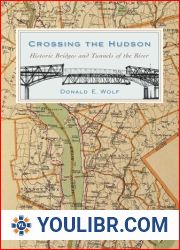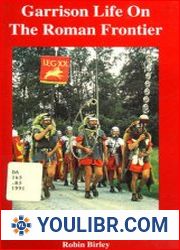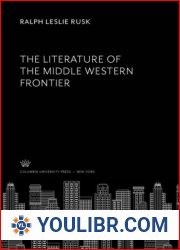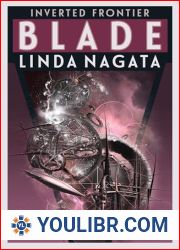
BOOKS - Unbounded Loyalty: Frontier Crossing in Liao China by Standen, Naomi (2006) H...

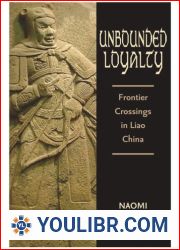
US $6.54

756223

756223
Unbounded Loyalty: Frontier Crossing in Liao China by Standen, Naomi (2006) Hardcover
Author: Naomi Standen
Year: December 31, 2006
Format: PDF
File size: PDF 3.2 MB
Language: English
Year: December 31, 2006
Format: PDF
File size: PDF 3.2 MB
Language: English
Unbounded Loyalty investigates how frontiers worked before the modern nation-state was invented. The perspective is that of the people in the borderlands who shifted their allegiance from the post-Tang regimes in North China to the new Liao empire (907-1125). Naomi Standen offers new ways of thinking about borders, loyalty, and identity in premodern China. She takes as her starting point the recognition that, at the time, and "China and " did not exist as a coherent entity, neither politically nor geographically, neither ethnically nor ideologically. Political borders were not the fixed geographical divisions of the modern world, but a function of relationships between leaders and followers. When local leaders changed allegiance, the borderline moved with them. Cultural identity did not determine people's actions: Ethnicity did not exist. In this context, she argues, collaboration, resistance, and accommodation were not meaningful concepts, and tenth-century understandings of loyalty were broad and various.Standen begins by setting out a revised vocabulary for discussing the choices and actions of frontier crossers and examining the development of ideas of loyalty, or zhong, from their origins to their radical redefinition by eleventh-century historians. She then considers the practice of loyalty by tracing the relationship between allegiance and borderlines from around 900 until the conclusion of the treaty of Shanyuan in 1005. The meaning of borders and boundaries can be seen in human terms, at the level of individual choice, in five case studies that follow. The work concludes with a summary of the stages by which the meanings of zhong changed through the tenth century and in the historiography of the period, and discussion of the implications for our understanding of territoriality, identity, and morality and the relationships between them before the eleventh century.Unbounded Loyalty sheds fresh light on the Tang-Song transition by focusing on the much-neglected tenth century and by treating the Liao as the preeminent Tang successor state. It fills several important gaps in scholarship on premodern China as well as uncovering new questions regarding the early modern period. It will be regarded as critically important to all scholars of the Tang, Liao, Five Dynasties, and Song periods and will be read widely by those working on Chinese history from the Han to the Qing.













